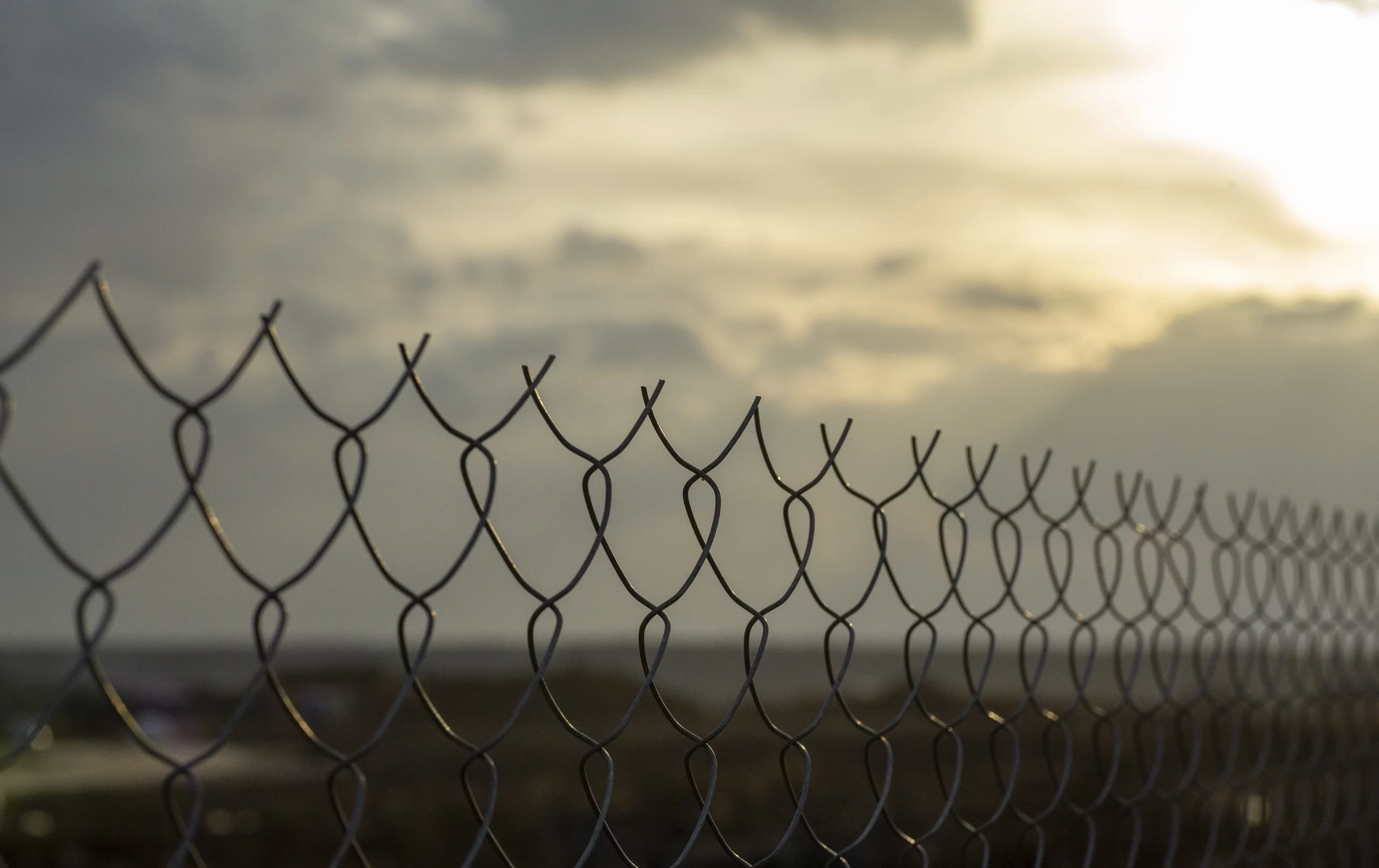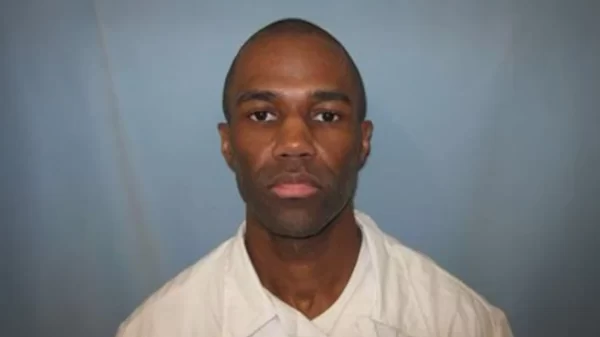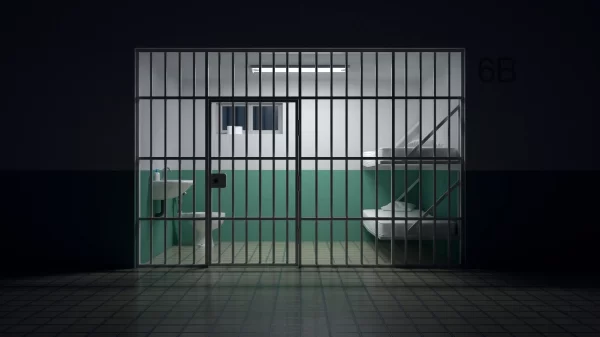|
Getting your Trinity Audio player ready...
|
A federal judge Friday denied an Alabama inmate’s motion for preliminary injunction ahead of his scheduled execution by nitrogen gas later this week.
U.S. District Court Judge Emily C. Marks ruled that Demetrius Frazier, scheduled to be executed for the 1991 rape and murder of Pauline Brown, had not met the “exceedingly high” legal bar required to win a preliminary injunction.
A preliminary injunction would have stopped his execution on Thursday or required that the state give him a sedative before administering the gas.
In November 2015, Frazier and a group of inmates consolidated cases that challenged Alabama’s lethal injection protocol, citing violations of the First, Eighth, and 14th Amendments. As an alternative, the inmates proposed execution by asphyxiation using nitrogen gas with midazolam administered beforehand to alleviate psychological pain.
Alabama’s nitrogen gas execution protocol was released in August 2023, and was first utilized in January 2024. It does not currently call for a sedative before administering the nitrogen gas.
“And now, over a year after the Protocol was released, one month after the Alabama Supreme Court authorized his execution, and less than one month before his execution begins, Frazier asks this Court to enjoin the State from executing him using any method other than his current proposed alternative, a modified nitrogen hypoxia protocol in which he receives a pre-nitrogen sedative such as midazolam,” Marks wrote.
Frazier argued that this would cause “an unacceptable risk of superadded pain because it achieves hypoxia through conscious suffocation.” He joined the three other men who had been executed using this method in questioning its effectiveness and constitutionality.
“Frazier fails to meet his burden to establish that the Protocol does create a substantial risk of serious psychological pain such that the Protocol violates the Eighth Amendment,” Marks wrote.
Marks explains that Frazier proposed using nitrogen gas as a method of execution during previous litigation, and Frazier is now arguing that depriving someone of oxygen—while they’re conscious—is unconstitutional.
The court viewed this change in position as Frazier trying to adapt his legal argument to delay his execution, and his request for a last-minute delay didn’t meet the legal requirements for an injunction. His argument was ultimately viewed as weak because of the timeliness and evolving legal stance.
“Based on the totality of the circumstances, the Court finds Frazier’s delays inexplicable and inexcusable, and he has thus left ‘little doubt that the real purpose behind his claim is to seek a delay of his execution, not merely to effect an alteration of the manner in which it is carried out,’” wrote Marks.
Frazier’s execution will be the first in Alabama this year and will mark the fourth nitrogen gas execution performed by the state.























































